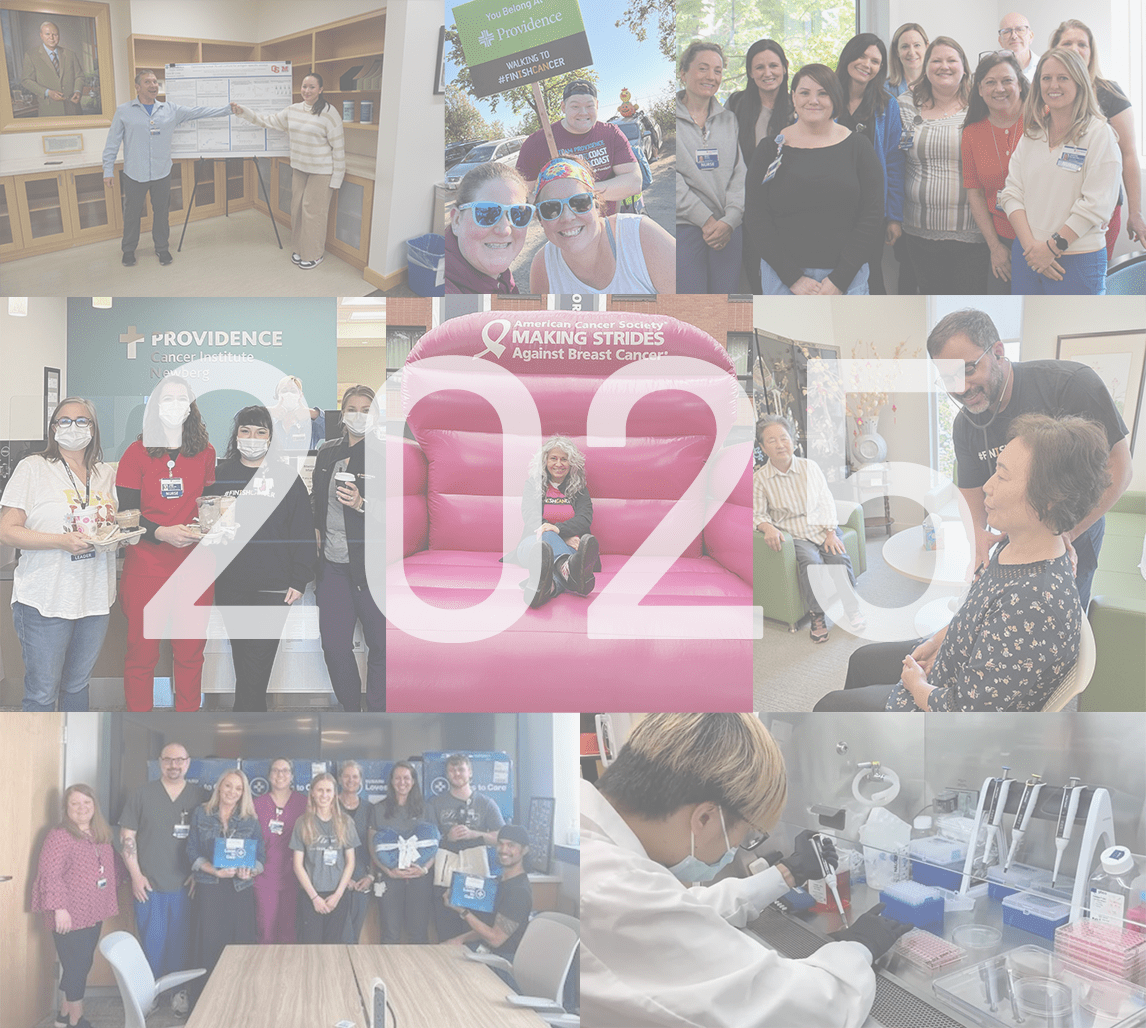Providence invests $1.9 billion in uncompensated care and other community support, up $366 million from pre-pandemic levels
According to the latest report, the health system increased community contributions with a focus on equitable access to care, the social factors that affect health and innovative ways to meet community needs
RENTON, Wash., June 1, 2022 – Providence, a not-for-profit health system serving the Western United States, today released its latest Annual Report to Our Communities. The report showed that in year two of the pandemic, the health system delivered $1.9 billion in uncompensated care and other community benefit, which is over $366 million more than pre-pandemic levels. Amid the challenges of the pandemic, Providence strengthened its commitment to its Mission, focusing on health equity and equitable access to care, environmental stewardship and innovative programs to meet community needs.
Last year was unprecedented, marked by three major surges in COVID-19 volumes, a national shortage of health care personnel, as well as deferrals of non-emergent care. Despite the challenges, Providence continued to pursue its vision of Health for a Better World by partnering with more than 500 not-for profit organizations and agencies in seven states and five countries.
Whether through financial assistance, telehealth, research, community clinics, education, housing, food banks, advocacy or disaster relief, we continued to meet the diverse needs of the dear neighbors in our communities. This would not be possible without our caregivers and local partners, who are committed to serving those in need, especially those who are most vulnerable,” said Rod Hochman, M.D. president and CEO of Providence.
Each year, Providence takes a holistic approach to community benefit by identifying unmet needs and responding with strategic community health investments. In 2021, these investments focused on addressing pressing needs brought on by the pandemic, as well as identified priority actions and solutions. Investments were focused on the social determinants of health and the core priorities of Providence’s Community Health Needs Assessments (CHNA) including housing instability, homelessness, food insecurity, mental health/behavioral health and substance use disorders, and equitable access to care and services.
Financial assistance and charity care are core to how Providence’s family of organizations support those who are vulnerable. Last year, 266,529 patients depended on this support to get the care they need. Guided by its CHNA, Providence’s community benefit and other investments supported equitable access to quality care, including COVID-19 information resources, testing and vaccinations. The CHNA guides Providence’s investment in health, focusing on the core aspects to Providence’s key initiatives for Health for a Better World.
Providence’s Key Initiatives:
-
Foundations of health: Basic human and social needs must be met for individuals and families to be their healthiest. These social determinants of health include factors such as socioeconomic status, education, neighborhood and physical environment, employment, social support networks, and access to health care. Providence invests in addressing these social conditions to improve health and well-being and to reduce longstanding inequities in health care.
-
Reducing barriers to care: Improving access to care and coverage are among several important social determinants for enjoying a healthier life. By meeting people where they are in the community, regardless of their circumstances, Providence is removing obstacles to care.
-
Community resilience: In solidarity with locally-based partners, Providence is investing in the power of communities to develop skills and capacity. Whether at home or abroad, Providence responds to the root causes of disparities, improve infrastructure, and provide education in neighborhoods, regions and countries that are historically underserved.
-
Innovating for the future: By investing in modern technologies and strategies, Providence is transforming the ways to deliver care and contributing to a stronger infrastructure, especially in more rural areas. Providence is also reducing its impact on the environment to safeguard a healthier future for everyone.
"Our Mission’s call to serve drives our community partnerships team,” said Justin Crowe, senior vice president of community partnerships. “We value the voices of our local partners and truly believe that solutions start at the community level. We partner with community-based organizations to identify urgent health needs and environmental factors that impact well-being. This allows us to invest and create lasting change.”
Thoughtfully and intentionally, Providence made it possible for communities to invest in programs addressing vital problems for long-term solutions. To see community investments by state, visit the Annual Report to Our Communities website to view regional reports.
Read Providence’s Annual Report to the Community.
About Providence
Providence is a national, not-for-profit Catholic health system comprising a diverse family of organizations and driven by a belief that health is a human right. With 52 hospitals, over 1,000 physician clinics, senior services, supportive housing, and much other health and educational services, the health system and its partners employ more than 120,000 caregivers serving communities across seven states – Alaska, California, Montana, New Mexico, Oregon, Texas, and Washington, with system offices in Renton, Wash., and Irvine, Calif. Learn about our vision of health for a better world at Providence.org.




